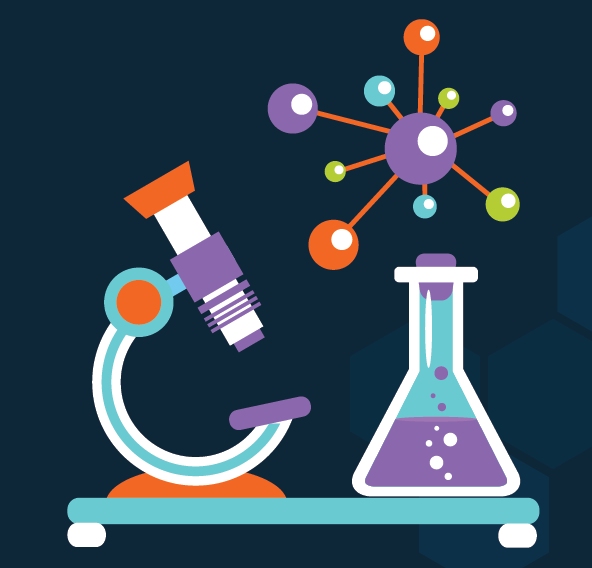Diagnosis, Made Super-Fast

The liquid biopsy from Grail Inc. may hold the key to the earliest possible diagnosis of cancer, even before symptoms develop.
By Anila Mathew

genomic medicine, Grail aims to create vast datasets to develop products and demonstrate their clinical utility.
In a major breakthrough in oncological studies, researchers from Grail Inc., a private start-up, presented their findings regarding what has been termed the ‘holy grail’ in the diagnosis of cancer, at the 2018 conference of the American Society of Clinical Oncologists in Chicago. The scientists have successfully identified a method to detect cancer from a simple blood test, even before the development of the tumor.
Termed liquid biopsy, the blood test can identify genetic traces of cancers by detecting even the tiniest pieces of DNA released by cancer cells into the bloodstream. It has been able to identify 10 different types of cancers in trials. The biopsy basically involves conducting gene sequencing similar to genetic reading that is used to track down genealogy. There are three steps involved, mainly testing the genome for DNA composition, detecting possible gene mutation, and finally, identifying a specific change in DNA that proves that cancer has already affected the cells. Liquid biopsy was successful in detecting cancers in the pancreas, ovaries, liver, and gallbladder with high accuracy. It was found to be less accurate in detecting cancer in the breast, stomach, uterus, and early stages of prostate cancer. It also showed slightly less accuracy in distinguishing lymphoma, myeloma, bowel cancer and head and neck cancer.

One of the top three most funded companies, Grail Inc., a spinout of DNA sequencing giant Illumina, aims to detect cancers before symptoms appear by using ‘high-intensity’ sequencing to pick out genetic material. An experimental blood screening test by the firm has shown promise in detecting early-stage lung cancers based on free-floating DNA or circulating tumor-derived DNA, or ctDNA, released by tumors, according to preliminary results.
The research studied the ability of three different prototype sequencing tests to detect cancer in blood samples from people suffering from early to advanced stages of lung cancer. While all three tests identified lung cancers with a low rate of false positives, Grail has been successful in detecting later-stage cancers, which shed more DNA fragments, than early-stage cancers. It is now partnering with a team of researchers from Yissum Research Development, the knowledge transfer company of the Hebrew University, headed by Yuval Dor, a professor at the Faculty of Medicine. The team also includes researchers from Jerusalem-based Hadassah Medical Centre.
The team from Israel will be engaged in creating a method to determine the tissue origin of DNA circulating in the blood, using a process called DNA methylation. When methyl groups are added to a molecule of DNA, they can alter the way genes are expressed, without altering the genetic code itself, making these epigenetic “identity markers” typical to each cell type. Through one of the largest clinical trial programmes ever pursued in genomic medicine, Grail aims to create vast datasets to develop products and demonstrate their clinical utility.
Most of its investments are devoted to the company’s two longterm, population-scale clinical trials. Grail has presented early results from its Circulating Cell-free Genome Atlas (CCGA) study, which has about 12,000 participants from different research centers. The firm will also combine its operations with those of Cirina, a screening startup created by Hong Kong molecular anatomist Dennis Lo, who along with colleagues at the University of Hong Kong has determined that a blood test can detect cancer called nasopharyngeal carcinoma.
Grail aims to create a large database for comparison of specific tumor genotypes that could potentially be detected in the blood of patients who do not yet show any symptoms of cancer. This high-intensity approach has never been attempted before and is what differentiates Grail’s methods from other liquid biopsies. Grail collects 1,000 gigabytes of raw data from each volunteer’s blood, which is fed into a classifier, the software that will be searching for patterns, along with information from people’s medical records. Through further research and honing, tests developed by Grail are expected to save costs of diagnosis and also point out to doctors the location of cancer in the body, how aggressive it is, and the kind of treatment to be adopted if already advanced. The scale at which the Grail team is envisioning cancer diagnosis is indeed a mammoth one; it remains to be seen how well and how soon it succeeds at achieving its goals














